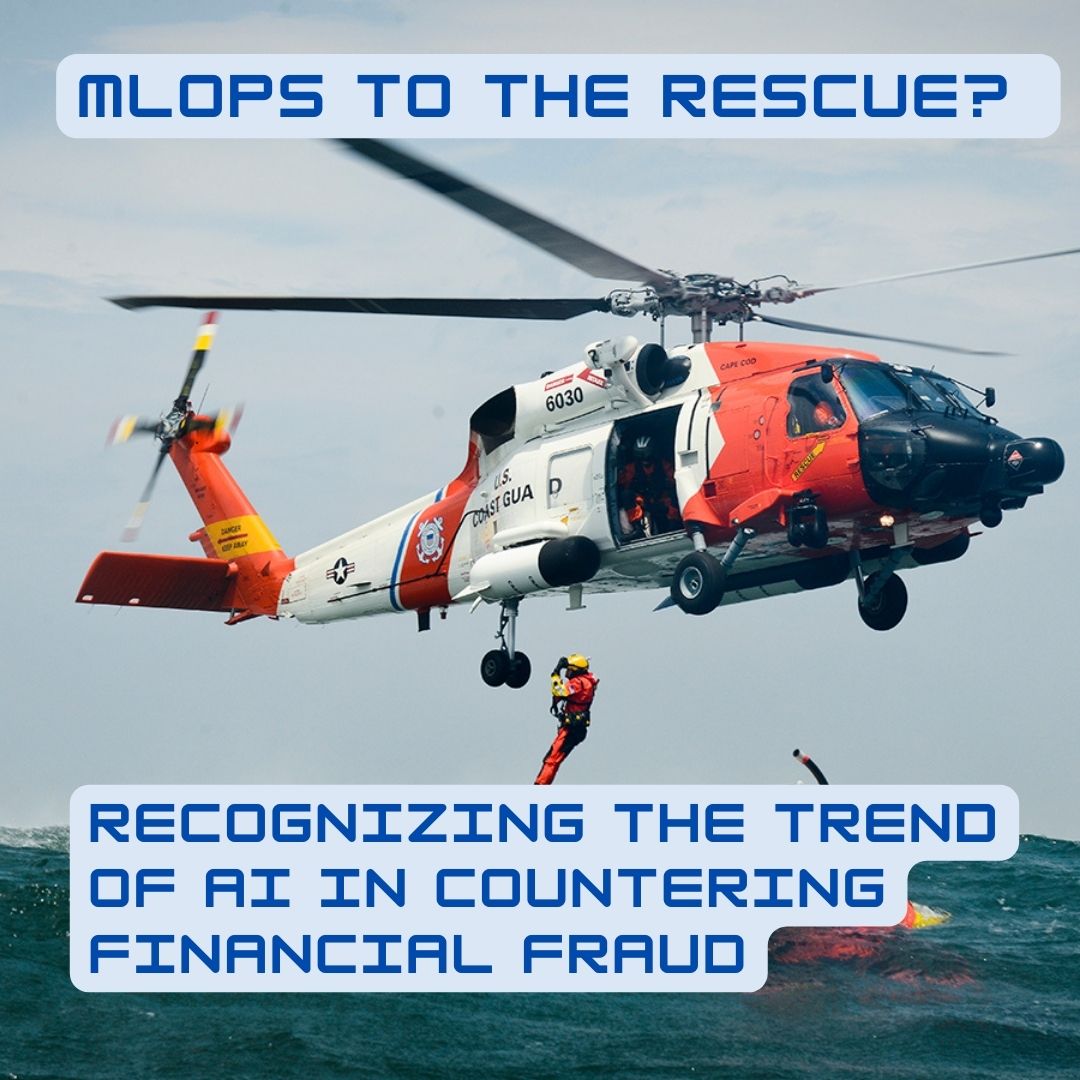
MLOps to the Rescue? Recognizing the Trend of AI in Countering Financial Fraud
MLOps to the Rescue? Recognizing the Trend of AI in Countering Financial Fraud
Have you observed the uptick of demand for MLOps Engineers lately? Recently, we had a conversation with Falcon Harbison, one of our Senior Account Managers at Agile, about the high demand for MLOps in the finance sector. Falcon shared that her client, while establishing a new fraud division, quickly realized the need for MLOps experts. These experts would help them effectively run models and maintain optimization, especially in the areas of financial crimes and identity proofing. Given the reliance on model-driven approaches and advanced data science techniques in these business cases, MLOps plays a crucial role.
Entrepreneur magazine published an article earlier this year called “How AI and Machine Learning Are Improving Fraud Detection in Fintech”. It discussed the significant role of artificial intelligence (AI) and machine learning in enhancing fraud detection within the fintech industry.
The article also mentions that while some banks and fintech companies still believe in traditional rule-based methods, the increasing sophistication and dynamic nature of fraud tactics make AI and machine learning indispensable for proactive fraud detection.
Here are the key points:
- **Identity Theft Detection**: AI-driven systems, such as pattern recognition, are effective in identifying and preventing identity theft. These systems can detect suspicious transactions, behaviors, or information that deviate from the customer’s usual patterns.
- **Credit Card Fraud Detection**: AI methods, like data mining, are used to identify unusual transactions that could indicate fraud. For instance, a sudden spike in transaction values or a purchase made in a store that doesn’t ship to the account holder’s country can be detected swiftly with AI.
- **Money Laundering Detection**: Deep learning AI algorithms, like neural networks, are used by fintech companies and banks to uncover connections between criminal conduct and account activity. AI can detect subtle signs of money laundering that traditional methods might miss.
- **Fraudulent Loan and Mortgage Applications Detection**: AI technologies are heavily relied upon to assess loan and mortgage applications for potential fraud. Machine learning can extract and analyze data from applications, identifying trends that could lead to fraud.
In the past year, we went from zero MLOps job orders to over six different clients requesting to hire this type of skill set. Several of these clients are in the fintech space and were building new antifraud teams using AI solutions. It has become evident that the demand for MLOps engineers was not limited to Falcon’s client’s challenge alone.
Agile’s ‘App Dev’ team recognized the importance of pivoting and learning how to effectively find and evaluate candidates with the necessary skills and expertise in MLOps to support this trend. Emily Sanner, a technical recruiter at Agile, shared some positive news on the increasing availability of Machine Learning Engineers and MLOps professionals due to the rise of AI. She stated, “It depends on the requirements of the client, but it’s getting easier to find Machine Learning folks and MLOps. We have been placing DevOps and Data Scientists for a long time. We are seeing that talent lean toward this new skill set. So, we have been building this pipeline for a while and just didn’t realize it til now.”
So, are MLOps engineers the heroes of the financial world? Well, they aren’t the only ones on the team to make this technical forcefield work, but they are a crucial part of making the solution learn and scale.



